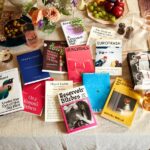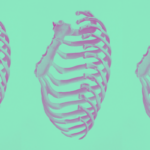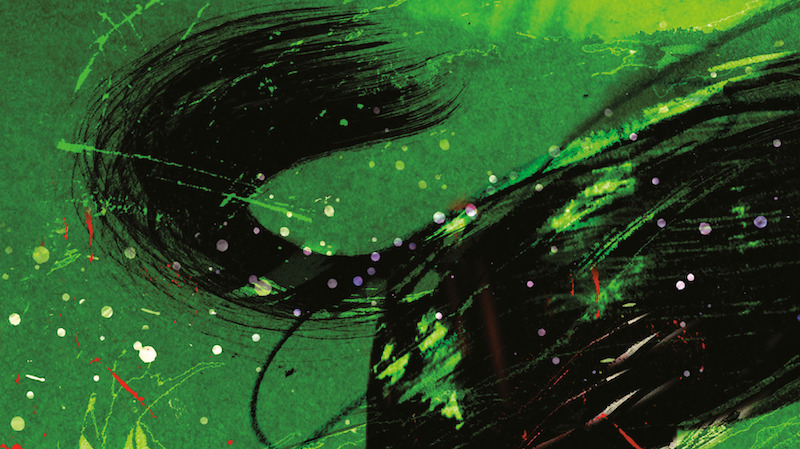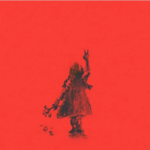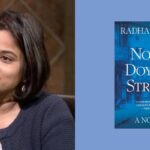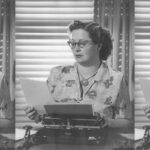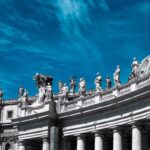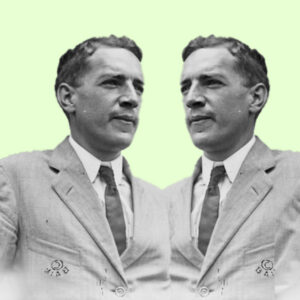- Are productivity and perfection the keys to good writing? As Rachel Schwartzmann argues, probably not. | Lit Hub Criticism
- Don’t want to read every fall reading list? That’s okay. Emily Temple did it for you. | Lit Hub Reading Lists
- “Access to reading materials is being stymied via policies that claim security.” Three incarcerated readers share their experiences with ebooks in prison. | Lit Hub Politics
- 7 writers and editors on why they think The Chicago Manual of Style is “a testament to the art of textual precision.” | Lit Hub Craft
- Alexander Manshel on trends in historical fiction literature, and the trap of representing the past. | The Nation
- On retranslating Marx’s Capital: “the language of Capital has become as memorable as its message.” | Jacobin
- “I think this is the third time I’ve read My Dead Book and I’m finally getting a grip on what kind of machine his writing is.” Eileen Myles on the work of Nate Lippens. | The Paris Review
- Anna Ballan examines the relationship between literature and psychoanalysis. | The Hedgehog Review
- Johannes Göransson considers the challenge of the body in translating literature. | Poetry
- Why Donatien Grau wrote a treatise about Los Angeles in Latin. | The New Yorker
- Zadie Smith talks to Ezra Klein about identity, privacy, and flip phones. | The New York Times
- Joshua Rothman asks, is culture dying? “Culture used to be something we did for its own sake; now we do it to position ourselves vis-à-vis other people.” | The New Yorker
- “Why is the law library here requiring incarcerated people fighting for their legal rights to use technology from the late 19th century?” Why word processors should be in prison libraries. | Slate
- “What we hardly talk about is how we’ve reorganized not just industrial activity but any activity to be capturable by computer, a radical expansion of what can be mined.” Thea Lim on the collapse of self-worth in the digital age. | The Walrus
- Helen Phillips talks to Arturo Vidich about different visions of the future. | The Millions
- “I didn’t study English; I didn’t study music. So, in some ways, I’m self-taught.” Gregg LaGambina interviews PJ Harvey. | Los Angeles Review of Books
- Simon Reader makes a case for writing exercises. | Public Books
- Alexander Prescott-Couch considers Nietzsche’s use of philology to examine morality. | Aeon
- Sean Tatol asks, what does it mean to make art in an age of gimmicks and artifice. | The Baffler
Also on Lit Hub:
Age gaps in queer relationships • The ongoing fight against fascism in American schools • Visiting the site of a Japanese internment camp. • The literary luminaries who passed through the Bennington Writing Workshops • The impact of the assassination of Patrice Lumumba •Tony Tulathimutte tells us about loving Neon Genesis Evangelion • Why Steven W. Thrasher won’t return to teaching this semester • On being a small town librarian while raising a trans child • What the discourse around diversity in publishing misses • 50 facts about The Power Broker • Rumaan Alam talks to Jane Ciabattari • What the collapse of the Soviet Union meant to America • The benefits of publishing through a small press in a post-SPD world • What JD Vance could learn from Édouard Louis and Annie Ernaux • How Gertrude Barrows Bennett pioneered dark fantasy • How Brooklyn’s earliest Black residents found empowerment and solidarity • The porous urban boundaries between humans and animals • How Greenwich Village’s leftist literary scene extended to music • Jessica Pishko recommends 11 essential works on extremism • Are you the asshole if you don’t want to hang out with your fans? • Emilie Menzel on unfolding • How constructed is romance, after all? • Dan Sheehan and Huda Fakhreddine on episode two of The Lit Hub Podcast • Kim Liao explores her grandfather’s history • Stephanie Duncan Smith on writing into the unknown • Against the “totalizing aesthetic of Big Tech” • On Pamela Harriman’s life and legacy • How Japanese female photographers have defied exclusion





